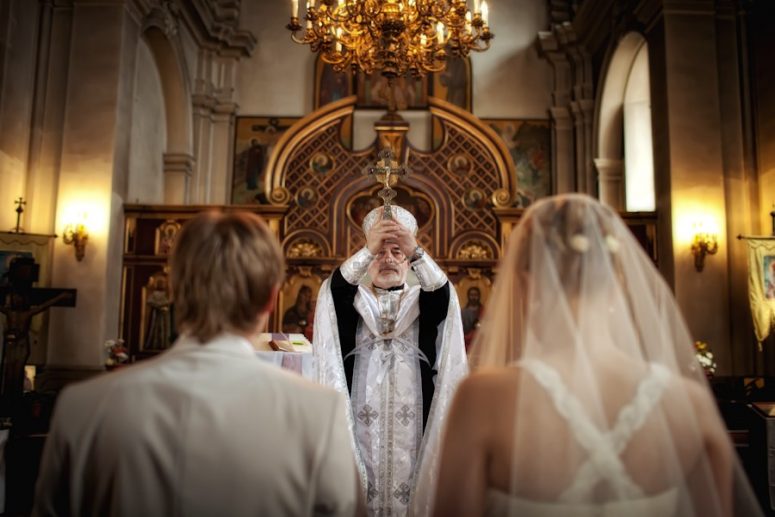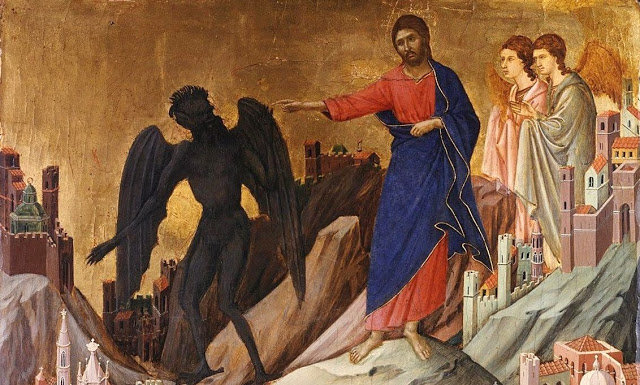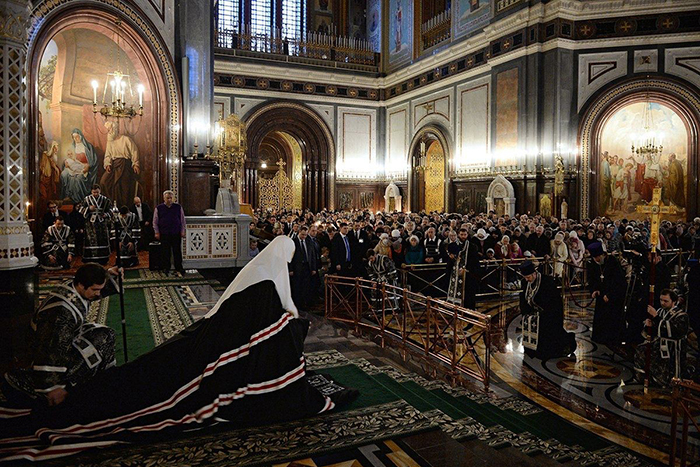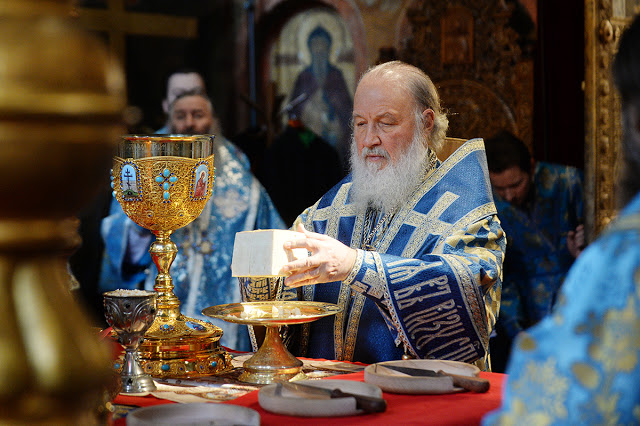
Longing for a source of joy that you’ve lost can make all other delights of the world seem unimportant. Everything has its time and place, according to Archpriest Vladimir Kostochka.
The Old Testament does not reveal to us the mysterious destiny that awaits a human soul after death in its entirety. The first human couple are already expelled from the paradise but they do not know about the Kingdom of Heaven yet.
What did a righteous man from the Old Testament hope for? He hoped to remain healthy, live a long life, have abundance of the fruit of the earth, and have many children that embody the continuation of his own existence. He hoped that his pious descendants would offer sacrifices for his blissful repose, which would alleviate the destiny of his soul in the eternity. Marriage in Old Testament times was perceived as one of the major and long-awaited events in an individual’s life. It was celebrated for many days and included a lot of joy and fun.
Finally, the New Testament times come. Jesus Christ, the Savior of the world, comes and releases the humankind from the bonds of sin, giving us the hope for eternal life thanks to his redemptive sacrifice on Golgotha. Through Christ, the door of the Heavenly Kingdom is open for every believer. We are promised the highest good. Pleasures of life fade into the background in comparison with the heavenly delights. However, we have to cleanse ourselves and go through repentance and suffer for our sins to become worthy of receiving the rewards we’ve been promised.
Pleasures of family life are hardly compatible with remembering one’s sins and repenting of them. We are forbidden to get married during the Lent because fasting is a ‘wing’ of repentance. It is a season of contriteness and remorse, while the Sacrament of Marriage is a great delight and great hope. The Church has its own time for each of them.
Translated by The Catalog of Good Deeds




